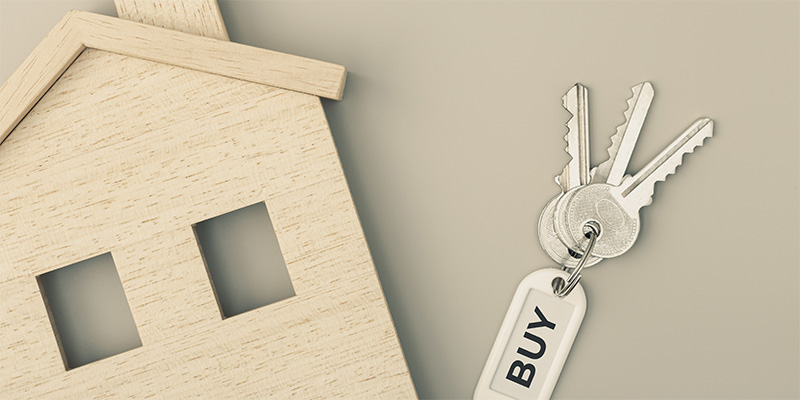
No Savings at 50? Your Ticket to a Comfortable Retirement
So, you've made a huge mistake. Gone are your 20s, 30s, and 40s. You're, say, 50, and staring down the barrel—you haven't saved any money for retirement.

Your Middle-of-the-Road Debt Solution
When it comes to debt, I try to avoid being one of those guys who screams, “Cut up all your credit cards!”
That’s not helpful. It's hard to function in modern society without using some form of debt. If you just get rid of your credit cards and shun stuff like mortgages, you’re basically going off the grid. That's not the answer.
Really, there is an acceptable amount of debt, but you should keep it to a minimum. And that's a solution that's difficult to sell because it's a middle-of-the-road solution.
People don't like middle-of-the-road solutions. They like extreme solutions. It’s easier to grasp and implement the “cut up all your credit cards” or the Kiyosaki “take out 12 mortgages and buy a bunch of apartment buildings” approach.
There are two extremes in financial advice out there. End of the day, though, it’s the middle-of-the-road solution that’s most practical.
|
From Our Partners: Now you can build lasting wealth and sleep at night using Jared Dillian’s breakthrough investment strategy. |
What Is Debt?
Philosophically speaking, this is important. Debt allows you to enjoy a higher standard of living today at the expense of having a lower standard of living tomorrow.
For example, if you buy a house and you're not buying it with your money, you're buying it with the bank's money. So, it’s giving you debt, and you can enjoy this house before you otherwise would've been able to enjoy it.
Now, if you didn't have a mortgage, you would need to save up for like 15 years and then pay cash for the house, which means you wouldn't have the house now. You would have it 15 years from now, but people don't want to wait 15 years. They want to have it now.
But there's no free lunch—you're giving up something else. And what you're giving up is hundreds of thousands of dollars in interest payments, which means you can't afford other things in the future.
So, yeah, you get to have the house now, but there are other things you can't have later. People often don't think about the second part, and they don't really look at the interest that they're paying. They're not thinking of all the things they could have bought with the interest that’s going to the bank.
Delayed Gratification
What about saving money, or the flip side of taking out debt?
If you save money, it allows you to have a higher standard of living tomorrow at the expense of having a lower standard of living today.
Meaning, if you save money, if you don't spend it today, you can use it to earn interest or put it in the stock market to generate returns. Embracing a higher standard of living tomorrow is an exercise in delayed gratification.
I don't know if there's a phrase for the opposite of delayed gratification, but there should be—because that's what debt is. Delayed gratification is “I'm going to make a sacrifice now so I have something I want later. Debt is “I get what I want now and make sacrifices later.”
My stance on debt is not even financial really. It’s philosophical. I mean, I've had debt. I'm just like any other person in America. But one of the things I've done is paid it off aggressively.
That’s the ticket.
Standards of Living in Retirement
The high standard of living in retirement is you fly around in first class, and the low standard of living is the bad retirement home.
I don't know if you've ever been in a bad retirement home, but it's not great. It's the type of place that if your kids leave you there, they feel guilty. Places like that exist, and if you don't save for retirement, that's where you may end up.
I don't want that to happen to you. I want the opposite to happen.
So, again, the more you spend today, the less you get to enjoy tomorrow. It really comes down to delayed gratification: saving, plus taking on debt only when needed and paying it off ASAP.

Jared Dillian
|
‹ First < 14 15 16 17 18 > Last ›



